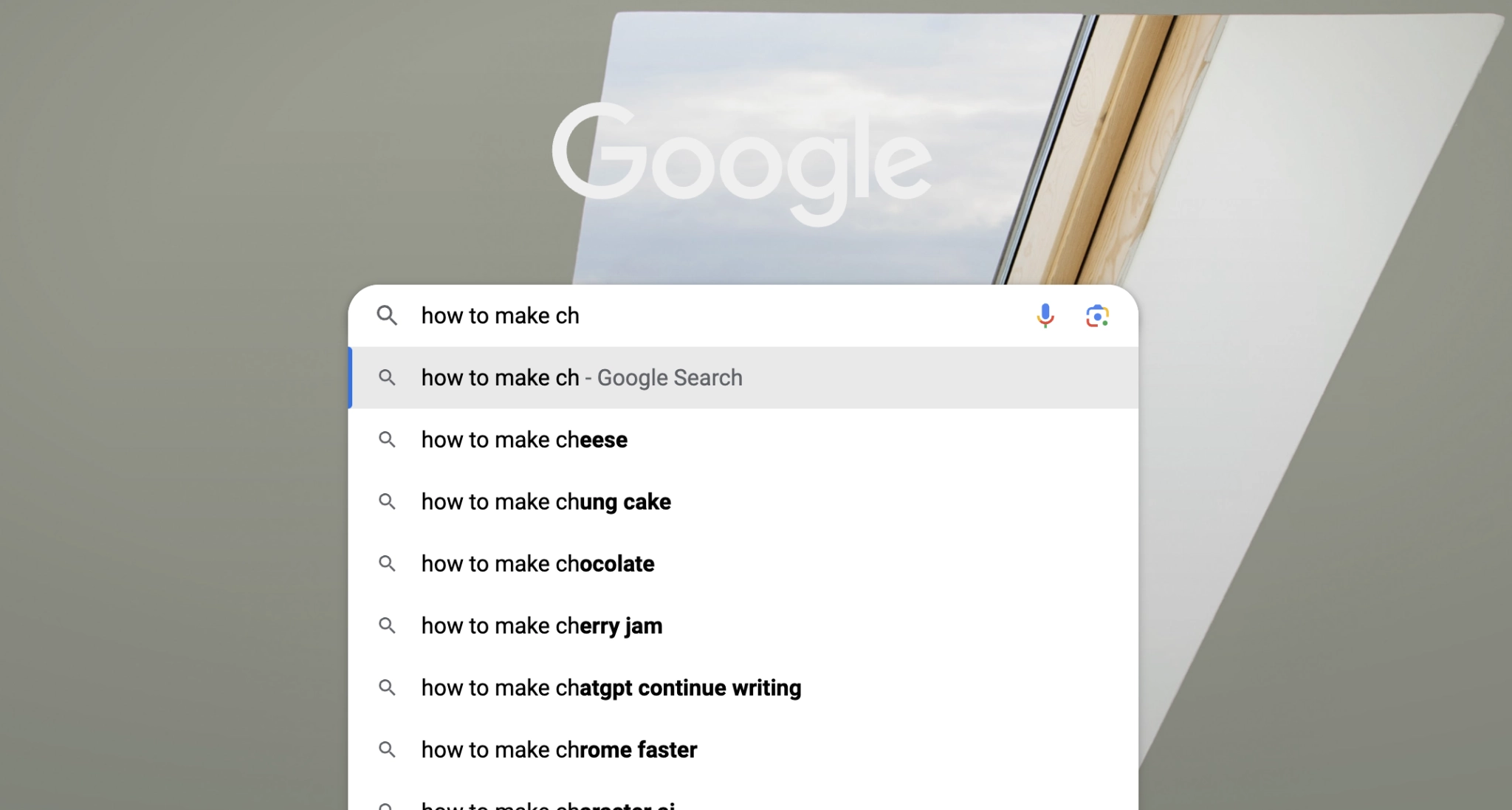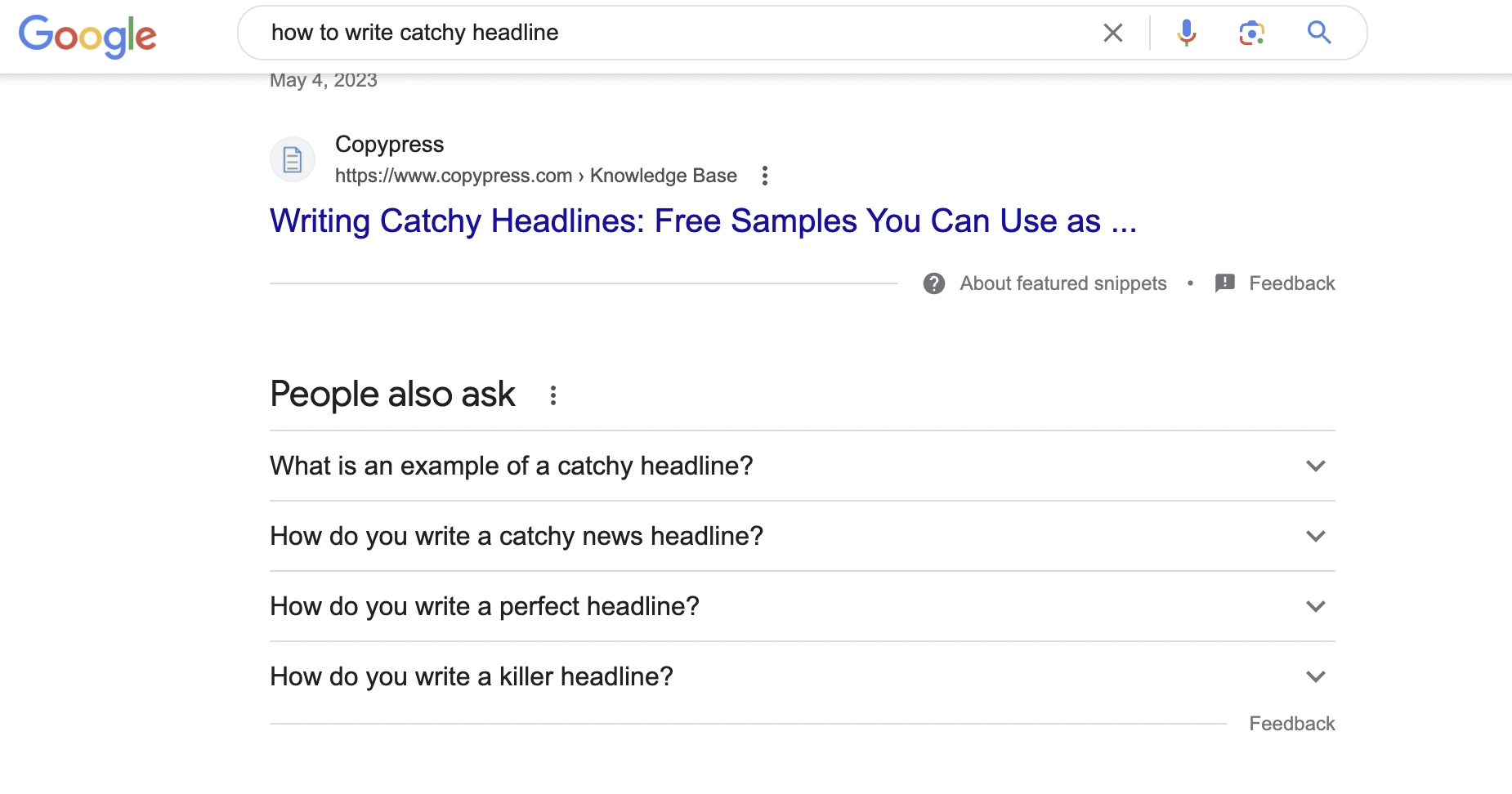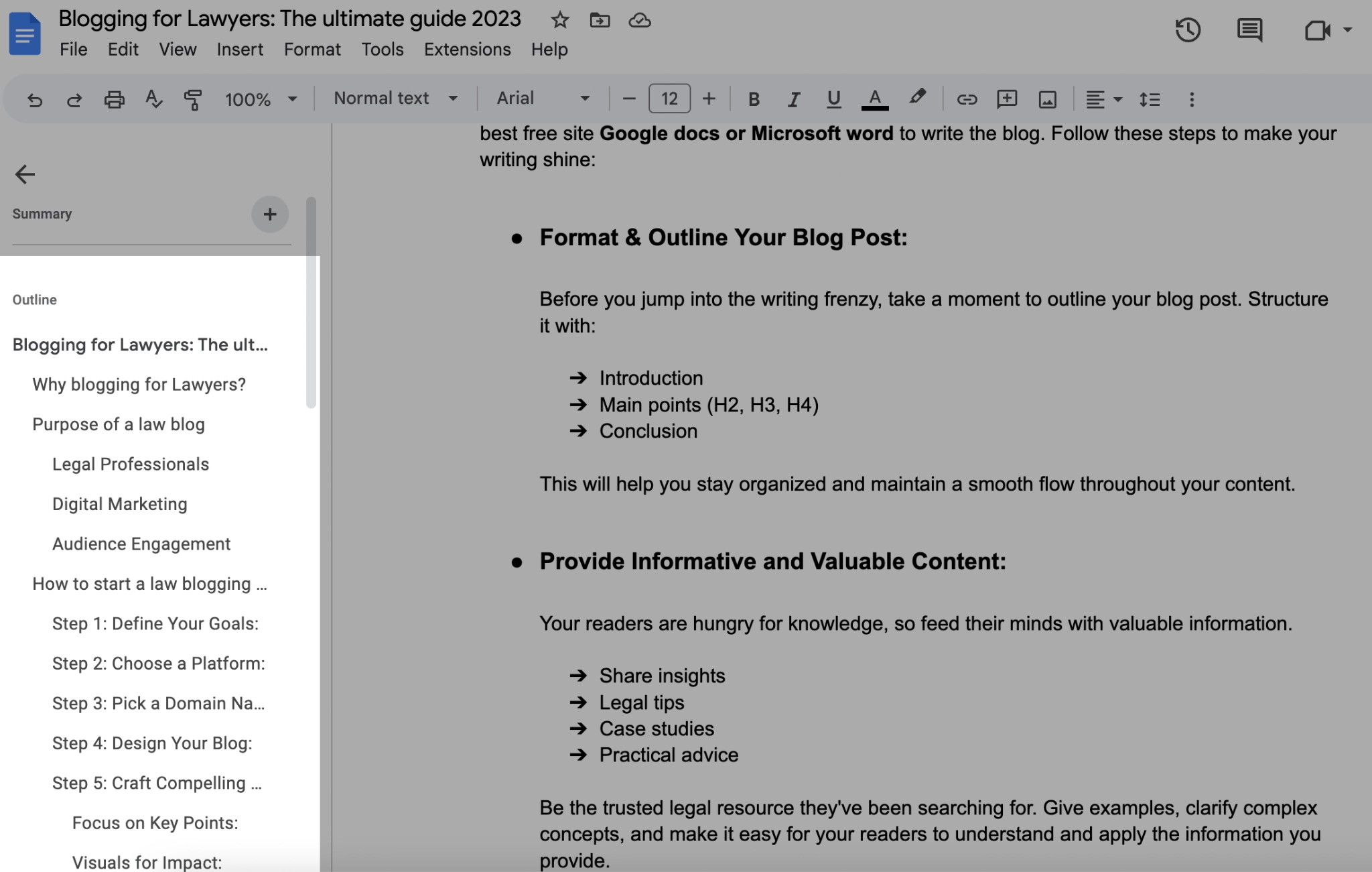Are you a lawyer looking to amplify your online presence and connect with a wider audience? Look no further! Here is the best ultimate guide on blogging for lawyers in 2025.
If you like to get started right away and start your lawyer blog, head over to Hyvor Blogs, the all-in-one blogging platform.
No matter if you're a seasoned blogger or just starting out, this comprehensive guide will equip you with the tools, strategies, and insider tips to take your law blog to new heights.
What more? If you follow these guidelines, you’re not only driving more potential clients but also getting more money from law blogging.
So, strap in, and let's embark on a thrilling journey to transform your online presence and showcase your legal expertise like never before!
Why blogging for Lawyers?
Blogging for lawyers is a crucial aspect because of several reasons. Such as,
1. Thought Leadership
Establish yourself as a trusted authority in your legal niche through insightful blog posts.
2. Client Education
Educate your audience about legal matters, empowering them to make informed decisions.
3. Online Presence
Enhance your visibility and credibility by maintaining an active and engaging blog.
4. Lead Generation
Attract potential clients (to your law firm if you have any) and generate new leads through valuable blog content.
5. Competitive Edge
Stand out from other lawyers by showcasing your expertise and unique perspectives.
Purpose of a law blog
In today's digital landscape, the prevalence of blogs is evident across a wide range of websites, both within the legal sphere and beyond.
But have you ever wondered why this is the case? The answer lies in a few key reasons that have made blogs an integral part of online platforms, including those within the legal realm.
These reasons can be summarized as follows:
1. Legal Professionals
Law blogs offer an amazing platform for legal professionals to share their expertise, knowledge, and insights with a broader audience. It's like having a virtual soapbox to educate readers on a range of legal matters, dishing out accurate and reliable information. Not only does this benefit the readers, but also helps the blog author build street cred as a go-to source for legal knowledge.
2. Digital Marketing
If you're serious about boosting your online presence, a law blog is a vital tool that can make all the difference. In the digital age, websites thrive or wither based on their search engine optimization (SEO).
Updating your blog with fresh content can determine whether you're on the first page of Google or languishing in obscurity. It is like how you climb up those search engine rankings and attract more visitors to your firm's doorstep.
3. Audience Engagement
Do you know what's truly awesome about law blogs? They're not just a one-way street where you dump information on your readers. Nope, they're like an open conversation where everyone gets to join in!
Readers can jump right into the action, leaving comments, sharing their thoughts, and even sparking lively debates. This isn't just good for warm fuzzies—it's also a goldmine of valuable feedback and insights into what your readers really need.
How to start a law blogging - step-by-step
Step 1: Define Your Goals
Determine what you want to achieve with your blog. Whether it's attracting new clients to your law firm, sharing legal knowledge, or establishing thought leadership, clarifying your goals will guide your content strategy.
Step 2: Choose a Platform
The next step is to select a blogging platform that suits your needs. While there are many options, Hyvor Blogs is the easiest and cheapest option for hosting. It is also fully customizable.
You can also easily make your blog multilingual to reach a global audience. Hyvor Blogs also takes care of upgrades, security, and technical SEO so that you can completely focus on writing great content.
Step 3: Pick a Domain Name
Why does your site need a domain name?
Brand Identity: Your domain name represents your brand and creates a memorable identity for your law blog.
Professionalism: A custom domain name adds a professional touch and boosts your credibility.
Brand Recognition: A unique domain name sets you apart and helps create a distinct brand.
Your domain name should reflect your brand and be easy to remember. Ideally, it should include your name or practice area for maximum impact.
Want more info? Here is everything about the domain name that makes you clearer. You can easily set up a custom domain for your blog when using Hyvor Blogs.
Step 4: Design Your Blog
Create a visually appealing and user-friendly blog design. Choose a clean layout, and legible fonts, and complement it with professional images related to your legal niche. Hyvor Blogs comes with multiple built-in themes, which are easily customizable.
Step 5: Craft Compelling Content
Crafting compelling content for your law blog is essential because it:
Engages and retains readers.
Establishes expertise and credibility.
Builds a loyal readership.
Helps you stand out in a competitive landscape.
Fosters connection and trust.
Research your target audience's pain points and interests. Develop a content plan that covers relevant topics, addresses their questions, and provides actionable advice.
Here are some simple tips to ensure grab your reader's attention:
Focus on Key Points
Each blog post should delve into a specific issue or problem. If you have multiple topics to cover, break them up into separate posts to maintain clarity and provide detailed information.
Visuals for Impact
Enhance your blog posts with visuals like pictures, diagrams, tables, or infographics. Breaking up the text with visuals not only makes it visually appealing but also helps simplify the reading experience for your audience.
Use Simple Language
Make your content accessible by using clear and straightforward language. Avoid excessive technical terms and jargon that readers may not be familiar with. Remember, simplicity is key.
So, create content that captivates your audience, and watch your law blog thrive!
Step 6: Optimize for SEO
SEO optimization for your law blogging is an essential step. However, if you are using Hyvor Blogs, it handles all the technical SEO for you. The only thing you have to do is to write content in an SEO-optimized way. If you are using the right SEO optimization, it can bring more organic traffic to your site and help you quickly stay in a top page Google ranking.
Incorporate relevant keywords naturally throughout your law blog posts. Use descriptive meta tags, headers, and alt tags for images to boost your visibility in search engine results.
Besides, adding internal links and external links to your law blogging to index your content, improve the user experience, enhance SEO, establish credibility, and foster valuable connections within the legal community.
Step 7: Create Engaging Headlines
Craft attention-grabbing headlines that spark curiosity or promise a solution. Compelling titles increase click-through rates and draw readers into your content.
Here's an example of how engaging headlines can make a difference:
Let's say you have a blog post about "Legal Tips". Here are two examples of headlines:
Bland Headline: "Legal Tips for Small Businesses"
Engaging Headline: "10 Essential Legal Tips Every Small Business Owner Should Know"
Still wondering about creating headlines, here is the best guide for you to write a catchy headline that wins the audience's eyes.
Step 8: Publish Consistently
Google loves websites that regularly add fresh, unique, and relevant content. It's no secret that Google constantly crawls websites, even older posts, in search of updated web pages.
So, it's important to not only create new content but also revisit and update your older posts.
Even if you think nobody is reading your posts from three years ago, Google is still paying attention. That's why maintaining an active publishing schedule is crucial for the visibility and ranking of your law blog.
But here's the good news!
You don't have to do it all alone. Your blog can have multiple authors or you can enlist the help of talented ghostwriters who can craft high-quality content for you.
This way, you can consistently provide valuable information to your readers without overwhelming yourself.
Step 9: Promote Your Blog
Ready to take your legal blogging game to the next level? It's time to promote your famous law blog and attract a wider audience. Check out these effective strategies to drive traffic and boost engagement:
Social Media Stardom:
Harness the power of social media platforms like Facebook, Twitter, Instagram, and LinkedIn.
Don't forget to sprinkle in relevant hashtags to reach more users. Engage with your audience, build connections, and watch the engagement soar!
Email Campaign Brilliance:
Connect with your subscribers and customers through compelling email campaigns. Craft personalized messages tailored to their interests, featuring highlights from your law blog.
Include enticing excerpts and links to your blog posts. Encourage them to forward the email to friends and colleagues who may find your content valuable.
Guest Blogging Excellence:
Collaborate with other renowned law bloggers and legal websites. Offer to write guest posts that showcase your expertise and link back to your famous law blog.
It’s better if you add relevant links back to your blog within the posts. This not only expands your reach but also establishes you as an expert in your field.
Influencer Partnerships:
Join forces with influential figures in the legal industry. Seek out legal influencers who have a substantial following and engage with their audience.
Collaborating with these influencers can help drive traffic to your famous law blog, expanding your reach and attracting new readers.
Step 10: Interact with Your Readers:
Encourage reader engagement by enabling comments on your blog posts. Respond promptly, answer questions, and foster meaningful discussions to cultivate a loyal and interactive readership.
How to write a successful law blog post?
Writing a killer law blog is a breeze when you break it down into four big steps. Get ready to dive in and have a blast with these simple and effective tips!
Step 1: Research before writing
Step 2: Writing
Step 3: Check and edit
Step 4: Publishing
Step 1: Research Before Writing
Let's start by doing some detective work. Research is key to crafting an amazing blog post. Here's how to rock it:
Explore Your Niche:
Delve into your specific area of expertise within the vast legal world.
For example, find out:
What's trending
What challenges people are facing
The latest developments
This will help you carve out your unique space in the blogosphere.
Know Your Audience:
Get inside the minds of your readers. Understand their needs, concerns, and burning questions. This will guide your content creation and make your blog posts irresistibly valuable to them.
Type of Law Blog:
Decide on the style and purpose of your law blog.
Will it be educational, opinion-based, or a mix of both?
Blogging is not intended to promote your law company. It's all about informing and educating your customers.
It is not too difficult to decide what to write about. When considering blog post topics, a good place to start is based on your content on the most often asked queries from your clients.
Simply create a list of common client queries and begin creating content around it.
Or write some legal advice that can help readers resolve their current problems.
However, not every blog post must include a FAQ. Let's look at some more types of blog posts that you may write.
Legal news
Legal opinion
Interviews with lawyers
Company news
Case studies
Legal vocab enrichment
Repurpose webinar content
Use Google Trends:
It is a free tool that gives you insights into what people are searching for, the popularity of specific legal topics, and the regions where interest is highest.
Use Google Suggest:
When you start typing in your search query, Google Suggest will give possible blog post subjects in a dropdown menu, similar to this.

Use People Also Ask:
It is a rich snippet feature that gives consumers additional information based on their first Google search query. For example:

Step 2: Writing
It's time to roll up your sleeves and start crafting your amazing law blog post. You can use the two best free sites, Google Docs or Microsoft Word to write the blog. Or, you can directly write your blog post in the Hyvor Blogs editor. Follow these steps to make your writing shine:
Format & Outline Your Blog Post:

Before you jump into the writing frenzy, take a moment to outline your blog post. Structure it with:
Introduction
Main points (H2, H3, H4)
Conclusion
This will help you stay organized and maintain a smooth flow throughout your content.
Provide Informative and Valuable Content:
Your readers are hungry for knowledge, so feed their minds with valuable information.
Share insights
Legal tips
Case studies
Practical advice
Be the trusted legal resource they've been searching for. Give examples, clarify complex concepts, and make it easy for your readers to understand and apply the information you provide.
Reference Content from Other Blogs:
Don't be afraid to tap into the knowledge of fellow legal bloggers. If you come across a fantastic blog post or famous blog related to your topic, reference it in your own post.
Provide a brief summary or quote and add your unique perspective.
Not only does this add credibility to your content, but it also encourages collaboration within the legal blogging community.
Step 3: Check and Edit
Now that you've poured your heart into your law blog post, it's time to give it a final polish. Follow these steps to ensure your post shines brightly:
Grammar Check:
To catch those sneaky grammar mistakes, enlist the help of a trusty grammar checker like Grammarly, a popular blogging app. It's like having a personal editor who catches those pesky errors and suggests improvements.
Smooth Content:
Want your blog post to flow like a calm river? Use the Hemingway Editor tool. It helps you simplify complex sentences, eliminate unnecessary jargon, and improve readability. Your readers love clear and concise content.
Optimize for SEO:
Boost your blog post's visibility with SEO optimization such as:
Add relevant keywords naturally throughout your content
Add headings (H1, H2, H3, H4), to signal their importance to search engines.
This helps your post rank higher in search results and attract more readers interested in your topic.
Pro tip: Make sure your keywords blend seamlessly into your writing and don't disrupt the flow.
Add Bullet Points:
Break up your content with bullet points to make it scannable and reader-friendly. Bulleted lists help readers grasp key points quickly, enhancing comprehension and engagement. It's a win-win!
Use High-Quality Images:
Spruce up your blog post with eye-catching visuals. Head over to Pexels, a fantastic platform for free high-quality images.
Select images that complement your content, add visual appeal, and help convey your message effectively. Remember to resize the photographers if required.
Check for Plagiarism:
Ensure your content is 100% original by using a plagiarism checker like Duplichecker. It scans your blog post against a vast database to identify any potential instances of copied content. This gives you peace of mind and ensures the integrity of your work.
Step 4: Publishing
After putting in all the hard work of editing and checking, it's time to unleash your awesome post onto the world. Here's how to get it published on your website:
Prepare Your Post
Make sure your blog post is in tip-top shape and ready for the world to see. Double-check that all the edits and improvements are incorporated, images are properly inserted, and formatting looks clean and professional.
Hit Publish Button
It's the moment you've been waiting for! With everything set, go ahead and click that publish button. Your masterpiece will now be live and accessible to your audience.
Share the Excitement
Spread the word about your newly published blog post. Share it on your social media platforms, send it to your email subscribers, and engage with your audience. Encourage comments, feedback, and discussion to create a lively and interactive community around your blog.
5 Best Blogging Tips for Lawyers
Add a Disclaimer
It's important to include a disclaimer on your law blog to clarify that the information provided is not legal advice and does not create an attorney-client relationship. This helps manage expectations and ensures readers understand the limitations of the content.
Optimal Blog Length
Generally, a blog post ranging from 1000 to 2000 words is considered ideal. This allows you to provide sufficient information while keeping the content concise and engaging. And also good for SEO optimization.
Focus on Relevant Topics
Choose blog topics that are relevant and valuable to your target audience. Address common legal issues, provide practical advice, and offer insights on current legal trends. By focusing on relevant topics, you can attract and engage your desired readership.
Use Clear and Accessible Language
Avoid using overly technical jargon and complex legal terminology in your blog posts. Instead, strive for clear, concise, and accessible language that can be easily understood by your audience. Remember, the goal is to educate and inform, so clarity is key.
Collaborate with Legal Freelance Writer
Working with legal content writers to enrich your law blog content and save a lot of time for you. Freelancers with legal expertise can bring fresh perspectives, unique insights, and specialized knowledge to your blog. There are many great places to find and work with them such as Upwork or Fiverr.
Conclusion
We hope this journey has equipped you with the tools, knowledge, and inspiration to revolutionize your legal practice through the power of blogging for lawyers. Remember, with every captivating blog post you write, you have the potential to educate, engage, and make a lasting impact on your audience. Embrace your unique voice, share your expertise, and establish yourself as a trusted authority in the legal realm. So go forth, legal trailblazers, and let your words ignite change, educate minds, and elevate the legal profession. The digital world is yours to conquer, one blog post at a time. Happy blogging!

Comments